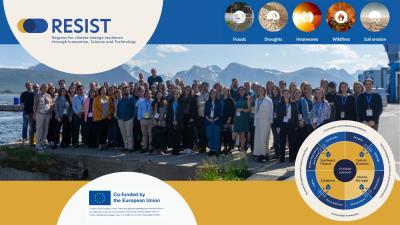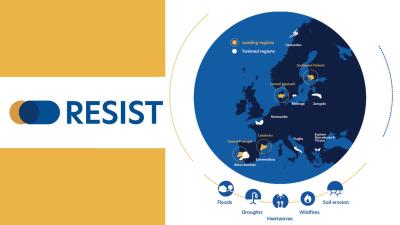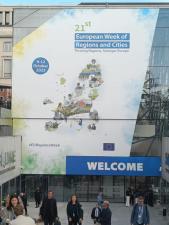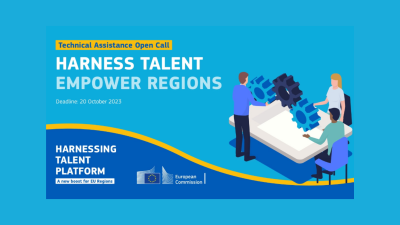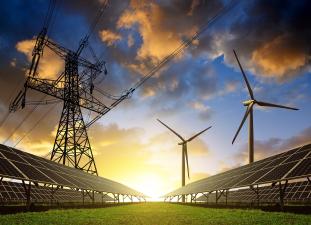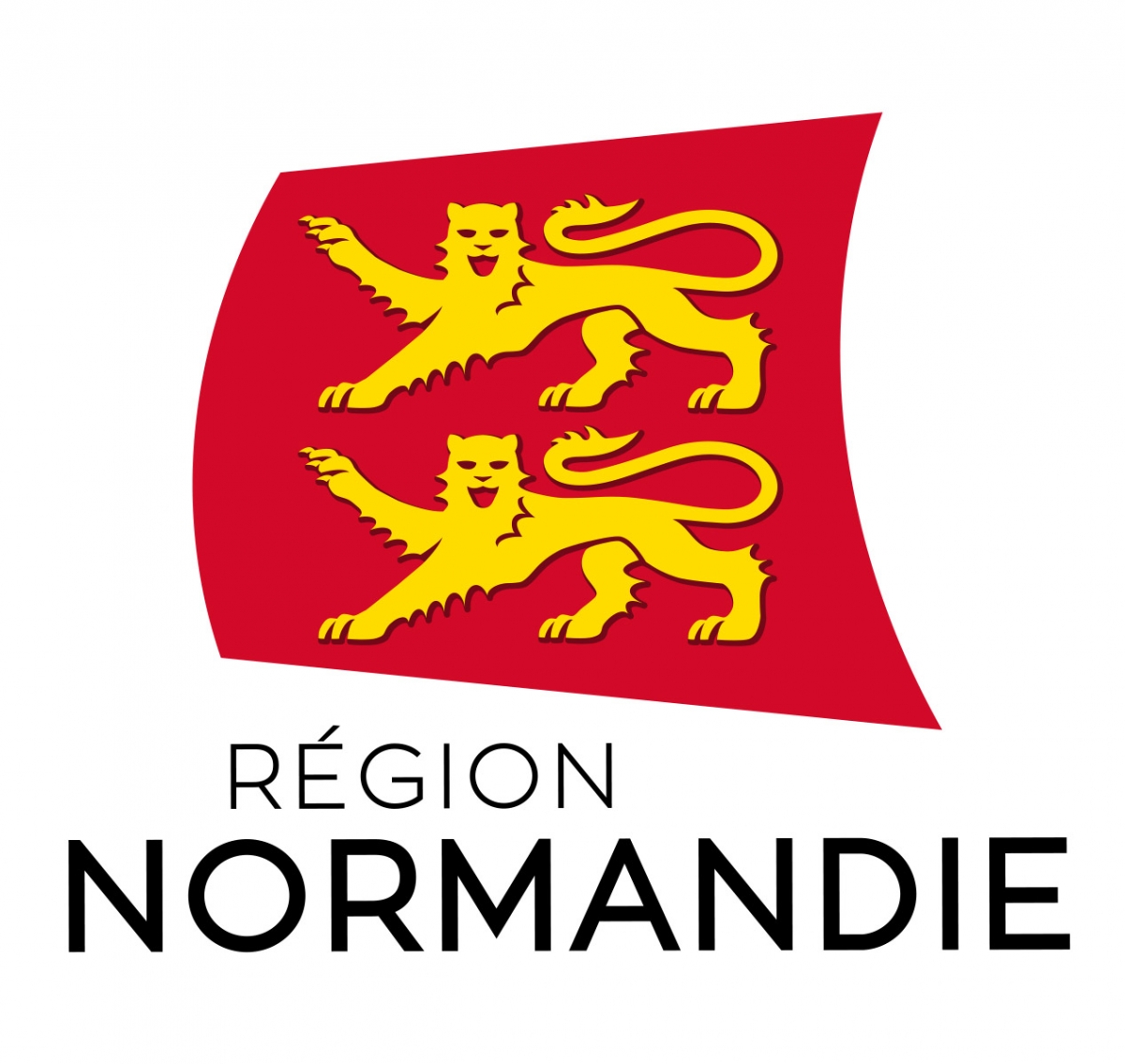
The Normandy regional office in Brussels represents the Regional Council of Normandy, which is in charge of supporting economic development, research and innovation on its territory. As such, the Regional Council of Normandy is also the managing authority for ERDF and part of ESF, EAFRD and EMFF. In the field of R&I, the current priorities are (green) hydrogen, marine renewable energies, health, sustainable and smart mobility, defence, bioeconomy and materials.
Contact detail
-
Contact person
-
Brussels Office Address
rue Montoyer 10
1000 Brussels
Belgium
Strategic R&I Projects
EAS-HyMob
The Hydrogen Mobility Programme in Normandy is supported by CEF and aims at developing a network of H2 refuelling stations on the whole regional territory along with the deployment of 250 fuel cell cars. EAS-HyMob was the first H2 deployment project supported by CEF in France.
WEBSITE>Latest Updates
- By Gaia Ialisa Marotta
A year and a half of building resilience together – RESIST project wrapped
The RESIST project, aimed at enhancing climate resilience across twelve EU regions, has made significant progress over the past year and a half. Four frontrunner regions are leading the way in testing climate adaptation solutions, paired with regions facing similar challenges. Key achievements include boosting regional ecosystems, developing a needs assessment methodology, creating a transfer methodology for innovations, building digital twins for climate scenario modelling, compiling a repository of climate adaptation practices, producing a series of project videos, and launching "The Stitch" newsletter to keep stakeholders informed. The project follows the "quintuple helix" innovation model, ensuring solutions are scalable and based on real challenges.
- By Gaia Ialisa Marotta
Existing private solutions to foster citizens' engagement in Climate Change adaptation activities
On 18 April, the RESIST project, in which ERRIN is a partner, hosted a webinar for the regions involved. The webinar focused on private solutions that can help encourage citizens' engagement in Climate Change adaptation activities. During the event, three solutions were presented: CoTowns, which is a technology that rewards citizens for contributing towards a sustainable urban environment; Maptionnaire, a platform used to design and manage community engagement; and MI4pADAPT, which is a DIY manual for stakeholder and citizen engagement.
- By Agnieszka Wieczorek Jetha
ERRIN at the EWRC 2023
The European Week of Cities and Regions (EWRC) has come to an end. This year’s edition has been particularly rich in ERRIN’s involvement, with the Secretariat co-organising four events, promoting projects, and the Working Group Leaders participating in several panel discussions.
- By Astrid Hannes
Open call for technical assistance: Harnessing talent, empower regions
Until 20 October 2023, 46 regions that have been identified as facing a sharp working-age population decline, in combination with a low and stagnating share of people with tertiary education and brain drain can apply for an open call for technical assistance under the Talent Booster Mechanism.
- By Agnieszka Wieczorek Jetha
ERRIN Spring AGM 2023 – taking stock of the EU Missions
ERRIN’s Spring Annual General Meeting (AGM) 2023 took place on 22 June this year. As always, it brought together the large and dynamic community of member regions and cities. Following the format part with the update from the network, the main focus was the EU Missions, approached in two policy debates, on the support and implementation frameworks in Adaptation, Ocean and Waters and Soil Missions, and the governance innovation and the perspective on Cities and the Cancer Missions.
- By Rodolphe Doité
Hydrogen Roadmap – Survey for the Call for Evidence
The European Commission will soon publish a call for evidence (expected in June 2023 and open for four weeks) to collect further input from multiple stakeholders for the roadmap. In this frame, ERRIN wishes to produce an input paper.
